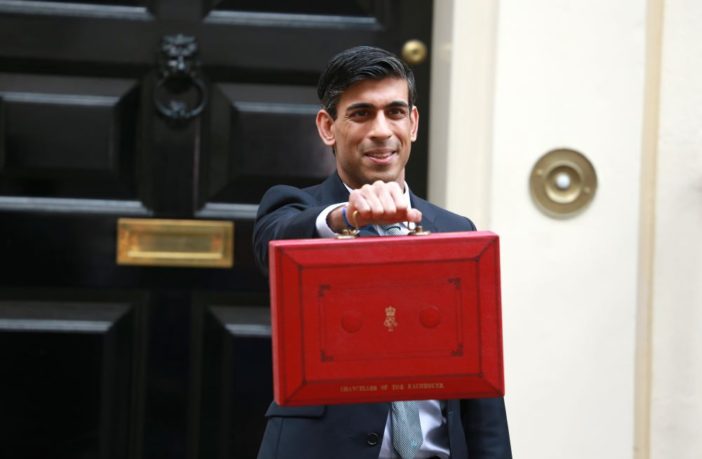Rishi Sunak has unveiled his second budget as UK chancellor a year into the coronavirus pandemic and during the worst economic collapse in centuries. Our panel of experts offer their views on what he has announced.
Edited version of the article to focus on the contribution from Jonquil Lowe, Senior Lecturer in Economics and Personal Finance from The Open University. For the full article, please visit: https://theconversation.com/budget-2021-experts-react-156414
Personal finance
Jonquil Lowe, Senior Lecturer in Economics and Personal Finance, The Open University
Income is the engine that drives most people’s financial wellbeing. So it is good news that support for employees and the self-employed will continue until September 2021.
The £20 uplift to universal credit for lower-income households is also being extended, but Sunak did not respond to calls for this to be made permanent. Yet the pandemic has revealed the weaknesses of the UK’s benefit safety net. This income calculator, for example, suggests a single person with no children needs around £1,100 a month (excluding housing costs) for a decent standard of living. Even with the uplift, the universal credit standard allowance is just under £410 a month.
For homebuyers, from next month the government will provide guarantees to encourage lenders to offer 95% mortgages to those with only a small deposit. The temporary extension of the exemption from stamp duty on properties costing up to £500,000 is also extended and will gradually be phased out from June. But such schemes, while helping some, also put upward pressure on house prices, making it harder for others to get onto the housing ladder.
Once economic recovery is back on the cards, it will be time to start swallowing the bill for all of the government support. Planned increases to the income tax personal allowance (from £12,500 to £12,570) and threshold at which higher-rate tax starts will go ahead (from £50,000 to £50,270) for 2021-22, saving a basic-rate taxpayer £14 over the year and a higher-rate taxpayer £68. These amounts will then be frozen until April 2026, meaning that over time, inflation will erode the real value of the allowance and more people will be drawn into the higher-rate tax bracket.
This article is republished from The Conversation under a Creative Commons license. Read the original article.



